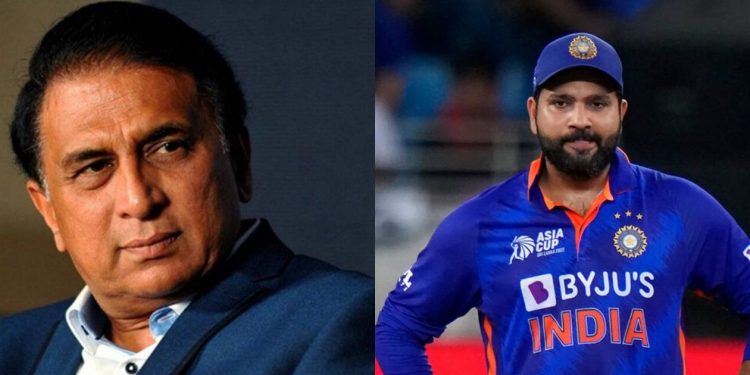In the last Twenty20 International against Afghanistan, Rohit Sharma found redemption after a series of highs and lows, displaying genuine grit as both a captain and a batsman. Fans began to doubt the experienced opener’s form when he struggled at the beginning of the series, scoring a duck in Mohali and a golden duck in Indore.
But there was a notable change in the Bengaluru encounter. In a thrilling double Super Over match, Rohit Sharma and Rinku Singh led India to an incredible triumph. In addition to saving India from a batting collapse, Rohit’s captain’s blow created a new record. His century in the Chinnaswamy Stadium was his sixth century in Twenty20 international matches, surpassing both Glenn Maxwell and Suryakumar Yadav as the most successful century-maker in T20I history.
In addition to elevating Rohit Sharma to the same level as MS Dhoni’s 41 T20I victories, the victory also won him praise for his cricketing intelligence. With reverence, former cricket player Rohan Gavaskar stated,
This is the format that truly puts your captaincy skills to the test. You can determine how excellent a captain he is if he is outperforming MS and Virat in terms of winning %. This innings particularly appealed to me because, as you can usually tell in a Twenty20 international match these days, the idea is to attack right away. And it is the predetermined template. However, at 22-4, Rohit and Rinku both applied their cricketing acumen and declined. Gavaskar said to Cricbuzz, “Let’s just give ourselves a little bit of time. We can get runs later on.”
The secret is to modify your strategy in light of cricketing intelligence: Gavaskar
The flexibility displayed by Rohit and Rinku was noteworthy since it refuted the T20I convention of an all-out assault right away. Gavaskar emphasized the value of cricketing intellect while applauding their ability to alter the game plan.
We will be 70 all out if we lose one or two wickets here. Ninety percent of us are out. As the innings goes on, we can make up for it, so let’s give ourselves a little extra time. And they did—100 in the final five overs. However, this is an anomaly. Your teams should typically play in a separate framework. However, possessing the understanding and skill set necessary to adapt and modify your game to what needs to be done—that is crucial, said Gavaskar.






